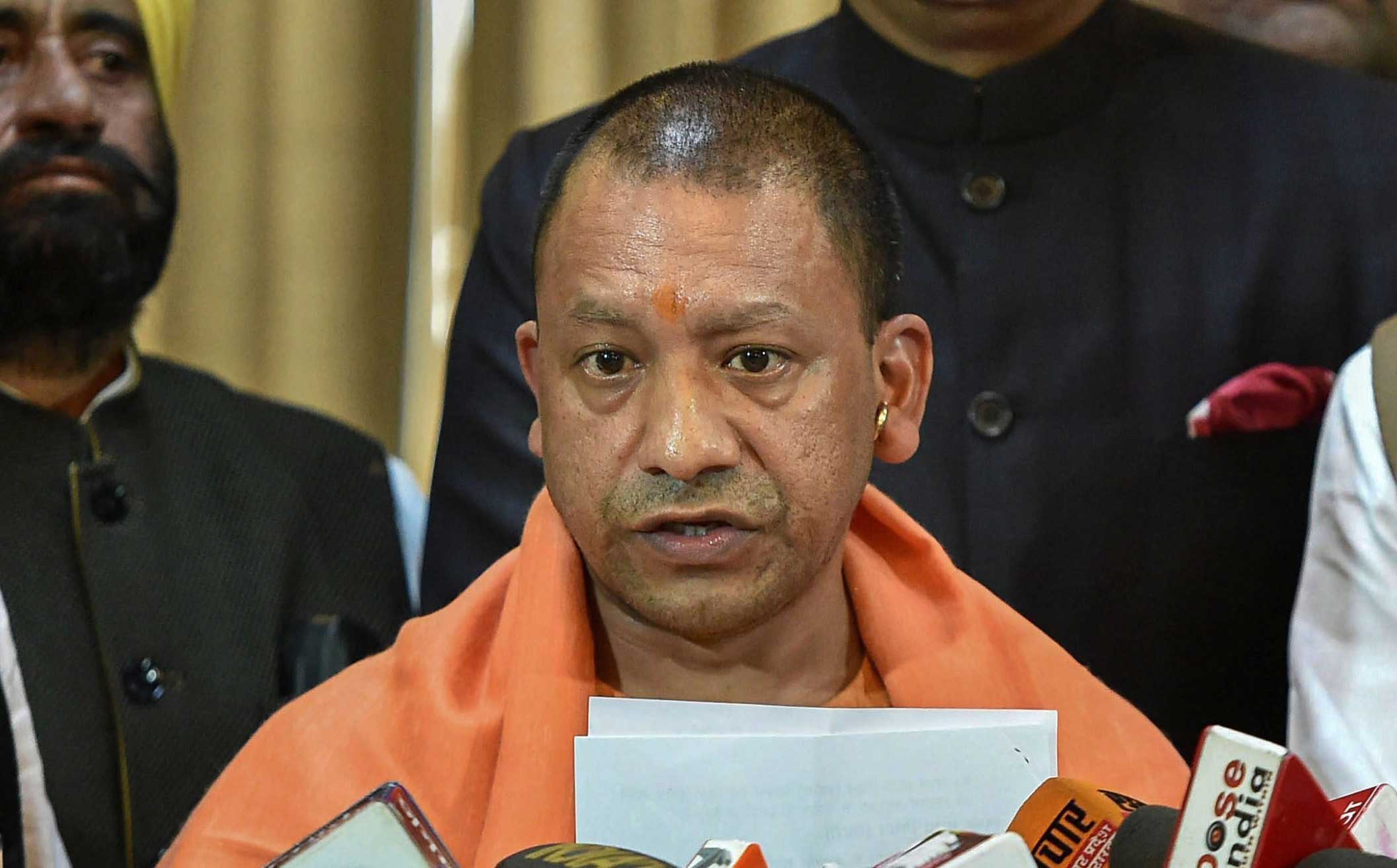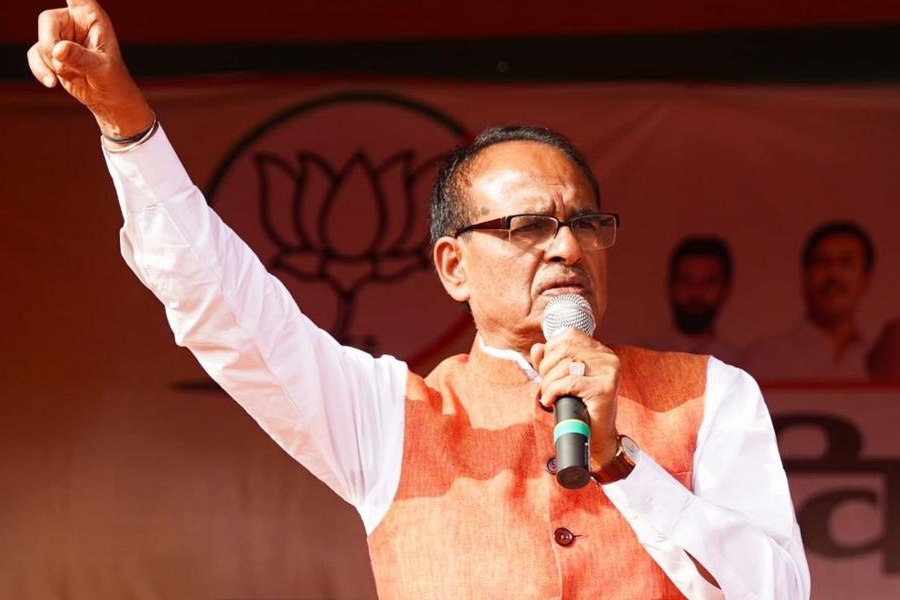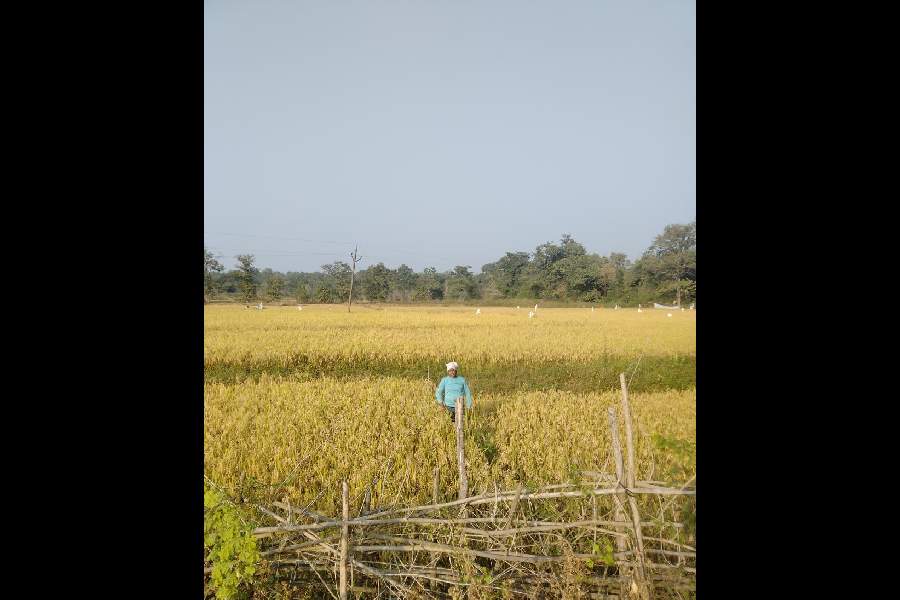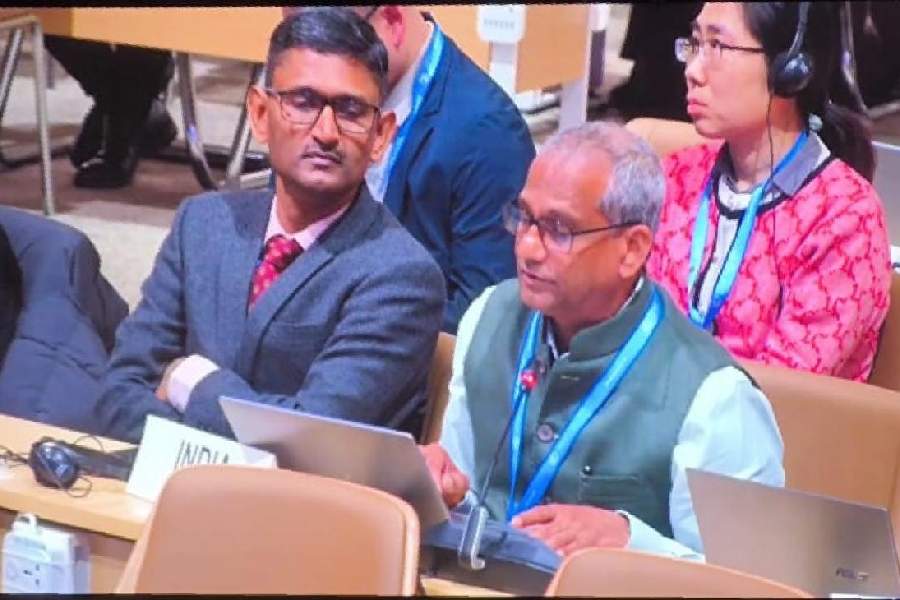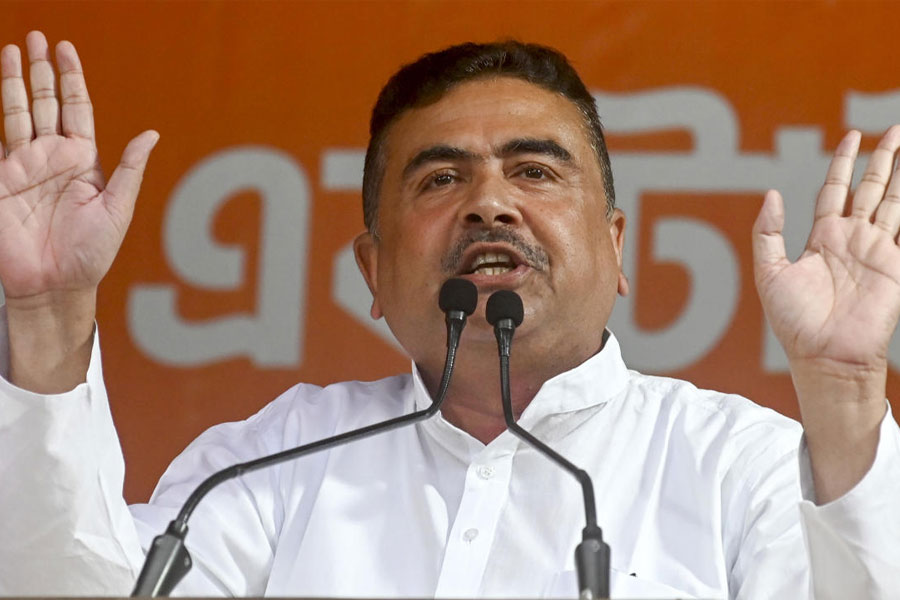The Yogi Adityanath government has said any state that wants to hire labourers from Uttar Pradesh must seek permission from a new migration commission, testing constitutional freedoms and undermining a national unifying factor cemented by the mobility of labour.
Uttar Pradesh additional chief secretary (home and information) Awanish Awasthi on Sunday announced the plan to set up the migration commission.
The same day, chief minister Adityanath said during an interaction with RSS-affiliated publications that other states would need permission from the Uttar Pradesh government if they wanted to make use of labourers from the state, PTI reported.
As the Constitution guarantees freedom to work and settle down anywhere in the country, any diktat from the state government to regulate workers’ movement can run into legal hurdles.
Most of the inter-state migration to big cities takes place from Uttar Pradesh and Bihar, the grim reality highlighted by the plight of millions of workers walking back home from as far as Mumbai, Surat, Delhi and Ludhiana during the lockdown. Around 23 lakh migrant workers and their families are said to have returned to Uttar Pradesh in the past two months.
Responding to a question on the Uttar Pradesh decision, former finance minister P. Chidambaram told The Telegraph: “It is a completely illegal order. Workers will defy Yogi and go where work is.”
Many other Congress leaders felt the chief minister’s “thoughtless” response was prompted by the pressure created by Priyanka Gandhi on the issue of migrant workers.
Former Union minister Jairam Ramesh tweeted: “With the evolving demographics, migration from eastern and northern states to western and southern states is inevitable. Such migration is desirable too. One Nation, One Labour Market! This Yogi-Bogey should be resisted forcefully. It’s unconstitutional!”
Yashwant Sinha, who was finance minister in the Atal Bihari Vajpayee government, told this newspaper: “It is like destroying the idea of India. Nothing united India more than the migrant workers who freely moved from one state to another. The Uttar Pradesh government’s move will only encourage parochialism.”
According to the 2011 census, India had 5.6 crore inter-state migrant workers. Most of them were from Bihar, Odisha, Bengal, Uttar Pradesh and Jharkhand and were working in Maharashtra, Gujarat, Punjab, Tamil Nadu, Andhra Pradesh, Karnataka and Kerala.
As 82 per cent of India’s workforce operates in the unorganised sector and seasonal migration is high during harvesting season, regulating their movement may not be easy.
A law -– the Inter-State Migrant Workmen (Regulation of Employment and Conditions of Service) Act, 1979 -– does exist. Under this law, contractors are required to obtain a licence from an authority both in the home state and the host state. But it has no provision requiring permission to hire migrant workers.
Adityanath had said on Sunday: “If any state wants manpower, the state government will have to guarantee social security and insurance of the workers. Without our permission, they will not be able to take our people… because of the way they were treated in some states.”
He said the 23 lakh migrant workers who had so far returned would be given work with dignity in the state. He said their skill-mapping had already been done. The chief minister made the promise at a time the unemployment rate is high.
Adityanath, who was busy diluting labour laws and did little initially for the safe return of migrant workers who were walking in miserable conditions, has gone into an overdrive to show his concern after the Congress succeeded in striking a chord with this aggrieved section.
The bus row, particularly, has touched a raw nerve. The Adityanath government has shown itself in a poor light, returning over 1,000 buses while migrant workers continued to walk hundreds of kilometres in the scorching summer.
The Congress believes that Adityanath’s latest posturing is not pragmatic and will hurt the states’ workers more than anyone else since there is no dearth of jobseekers from other states. It has asked how many new labour-intensive industries have been set up in Uttar Pradesh in the past two or three decades.
The incumbent BJP government has barely shown any interest in job creation so far.

